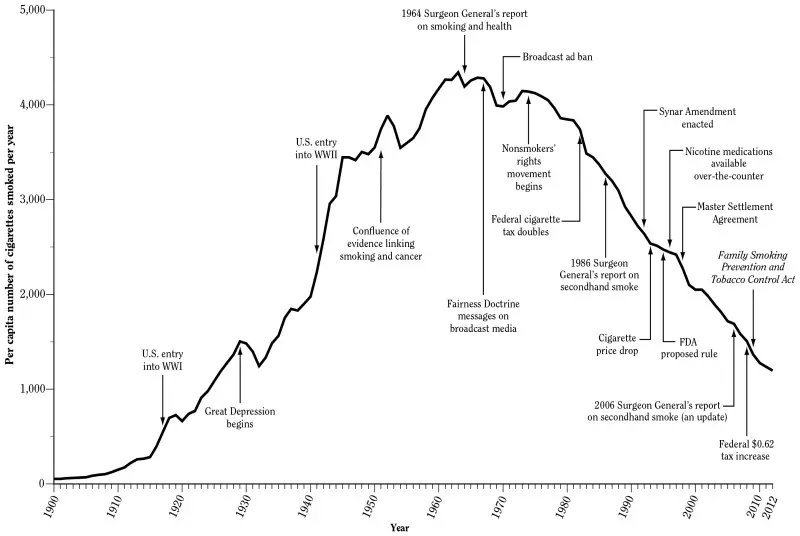Smoking is a widespread habit that has a significant impact on public health. It is estimated that millions of people around the world smoke cigarettes on a daily basis. One way to understand the extent of this habit is by examining the number of cigarettes smoked per year. In this article, we will delve deeper into this topic and explore the data regarding cigarette consumption.
Understanding Cigarette Consumption
Cigarette consumption is an important metric that provides insights into smoking habits on a global scale. By analyzing the number of cigarettes smoked per year, we can gain a better understanding of the prevalence and impact of smoking in different countries and regions.
According to a recent study conducted in the United States, the average number of cigarettes smoked per day was recorded as of September 202The study revealed that individuals in the U.S. smoked an average of X cigarettes per day during this period. This data highlights the significant number of cigarettes being consumed on a daily basis in the country.
Different Factors Influencing Cigarette Consumption
Several factors contribute to the variation in cigarette consumption from one individual to another. These factors include socio-economic status, cultural norms, advertising and marketing strategies, and government regulations. Additionally, personal preferences and addiction levels also play a role in determining the number of cigarettes smoked per year by an individual.
It is important to note that while the number of cigarettes smoked per day provides valuable insights, it is also crucial to consider the long-term effects of smoking on health. Smoking is known to be a leading cause of various health conditions, including lung cancer, heart disease, and respiratory disorders. Therefore, reducing cigarette consumption and promoting smoking cessation are vital for improving public health outcomes.
The Global Impact of Cigarette Consumption
Smoking is a global issue that affects people in various countries and regions. The number of cigarettes smoked per year provides a comprehensive view of the global impact of smoking and its associated health risks.
According to the World Health Organization (WHO), tobacco use is responsible for more than 8 million deaths annually worldwide. This staggering statistic highlights the urgent need for effective tobacco control measures and smoking cessation programs.
Moreover, the economic burden of smoking is significant. The WHO estimates that the global economic costs of smoking-related diseases and productivity losses exceed trillions of dollars each year. These costs include healthcare expenses, loss of productivity, and premature deaths.
Efforts to Reduce Cigarette Consumption
Recognizing the detrimental effects of smoking, governments and organizations around the world have implemented various strategies to reduce cigarette consumption. These strategies include increasing taxes on tobacco products, implementing comprehensive smoking bans in public places, and launching public awareness campaigns.
Furthermore, smoking cessation programs and access to effective treatments, such as nicotine replacement therapies and medications, are crucial for individuals who want to quit smoking. These interventions aim to reduce the number of cigarettes smoked per year and improve overall public health outcomes.

The number of cigarettes smoked per year provides valuable insights into smoking habits and their impact on public health. Understanding this data is essential for developing effective tobacco control measures and promoting smoking cessation. By reducing cigarette consumption, we can work towards a healthier future and improve the well-being of individuals worldwide.
If you want to know other articles similar to Cigarettes smoked per year: understanding global impact you can visit the Smoking category.


Related Articles